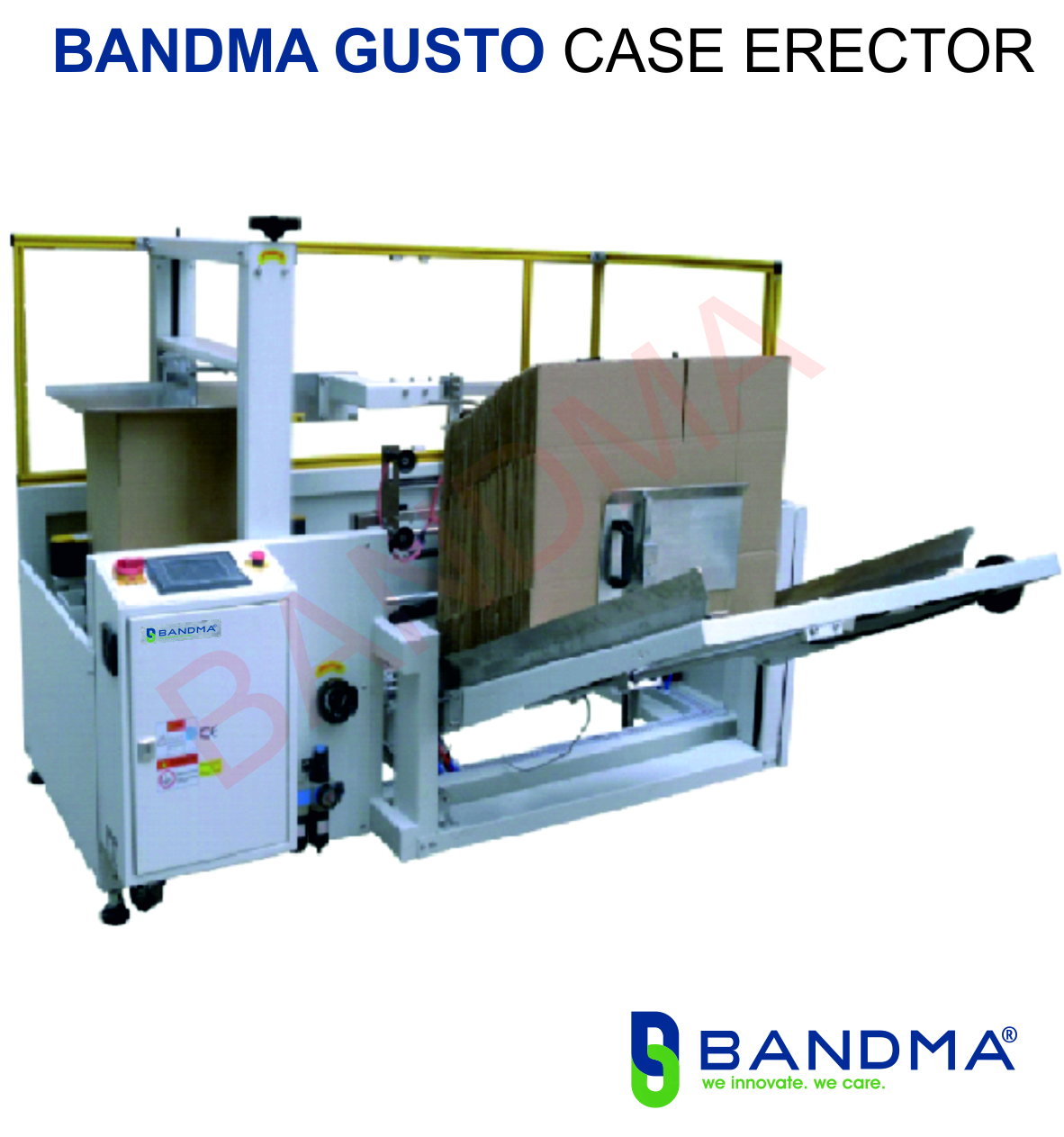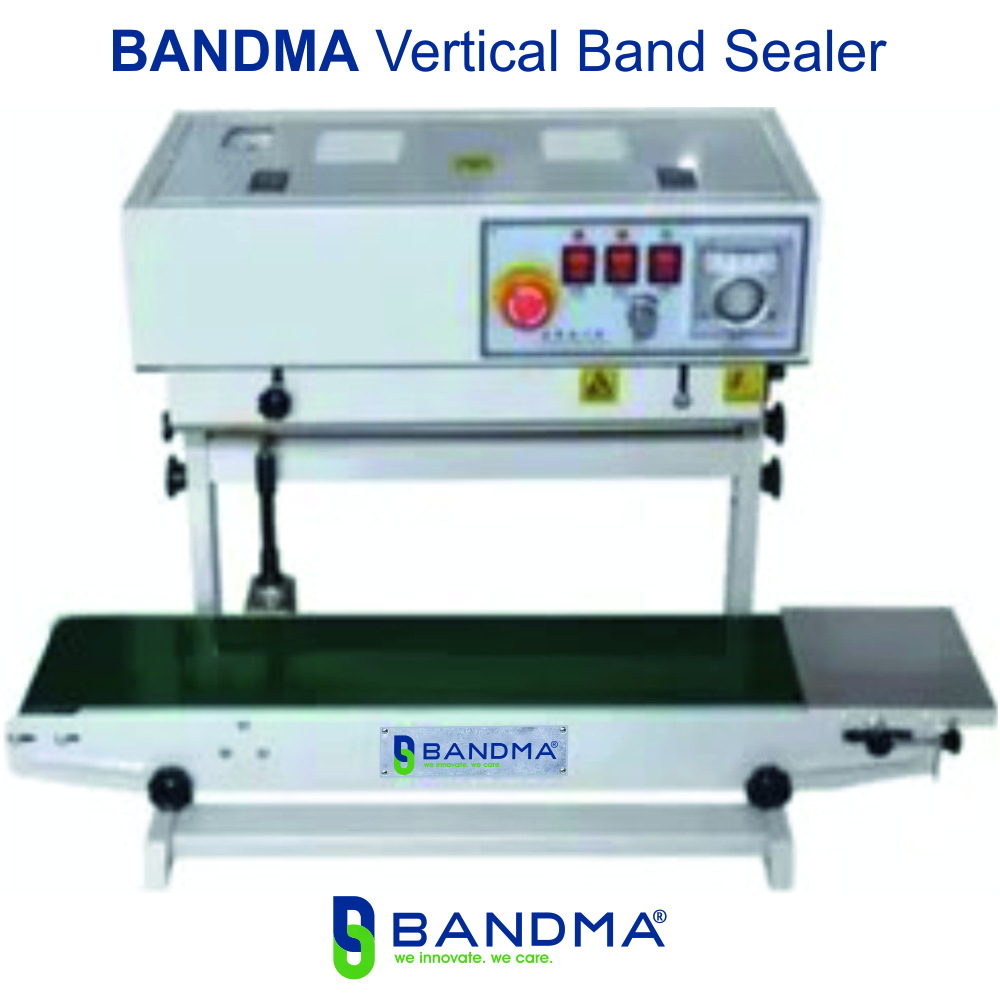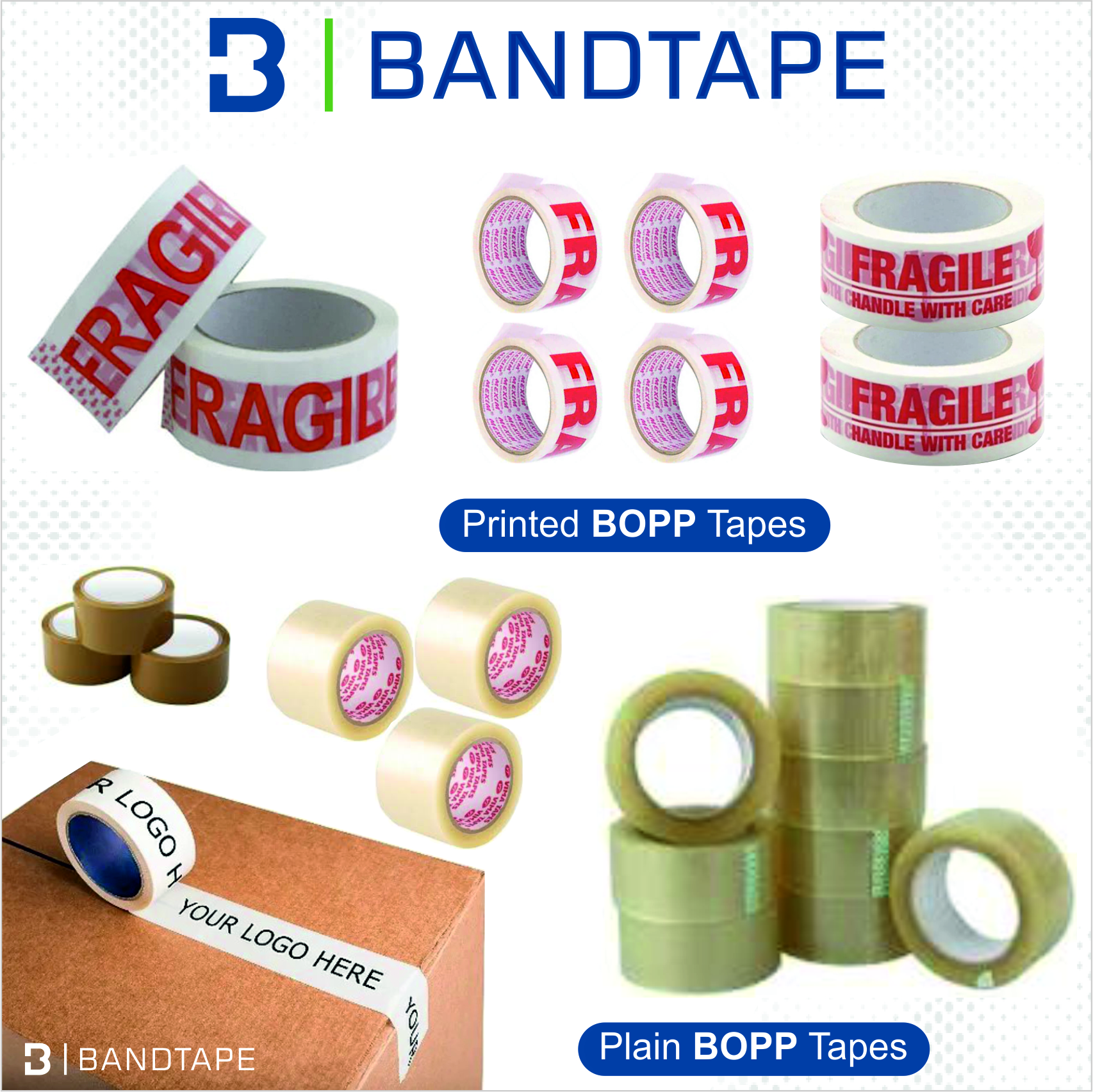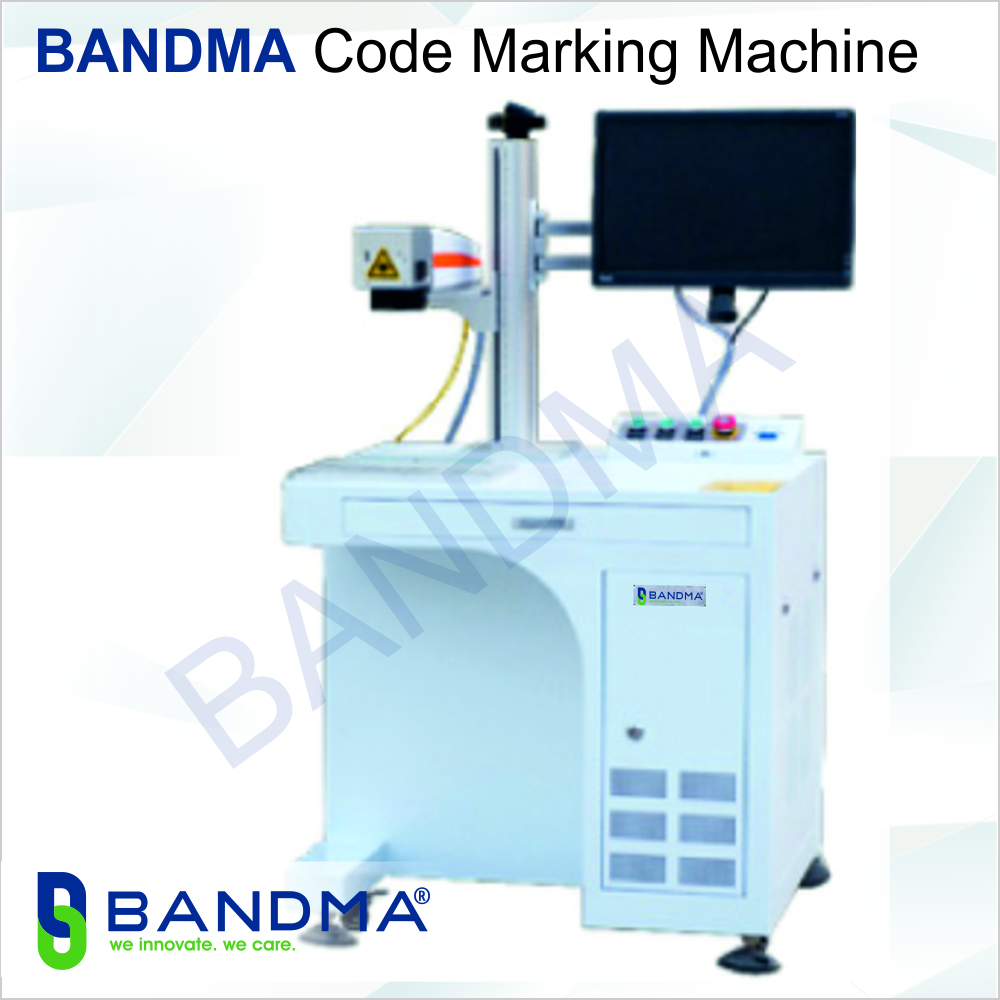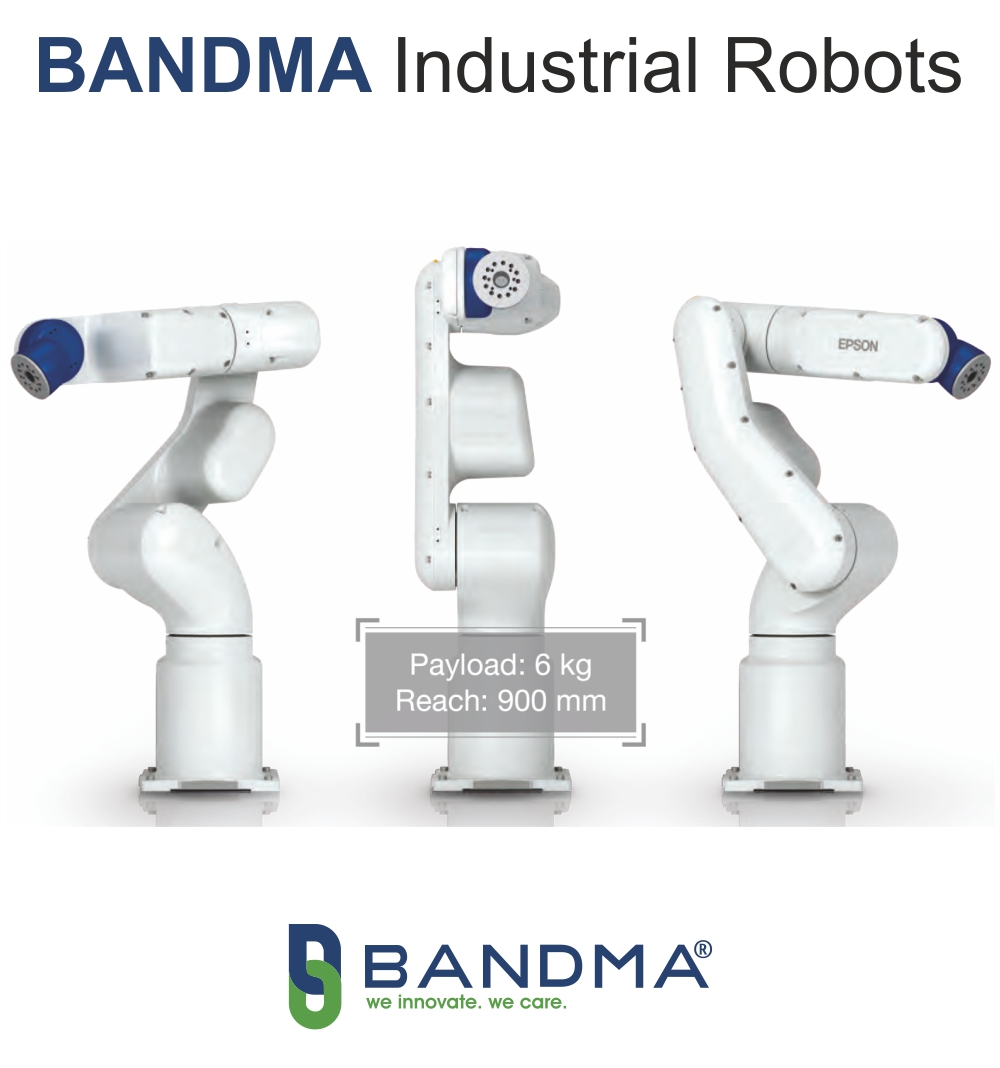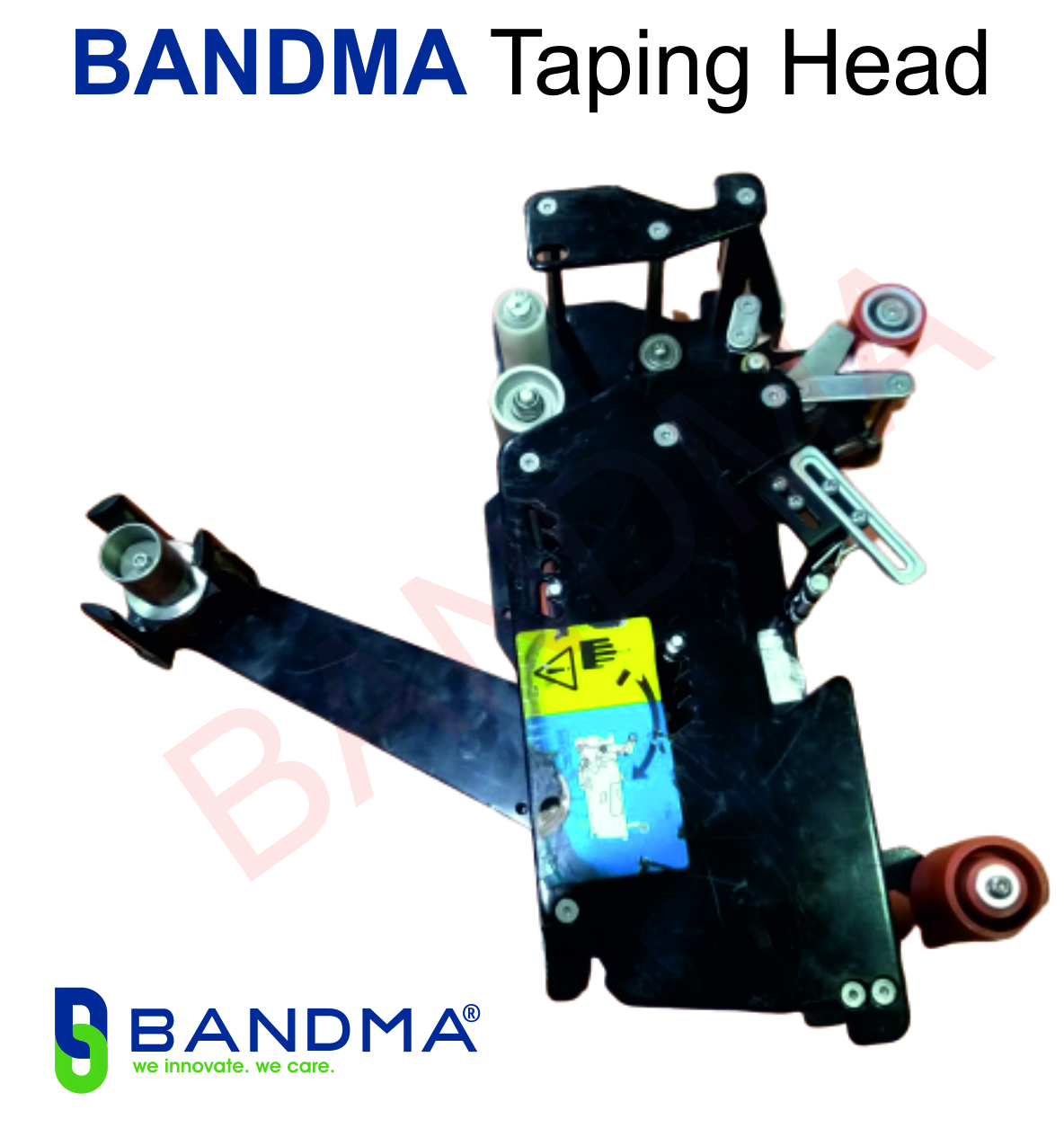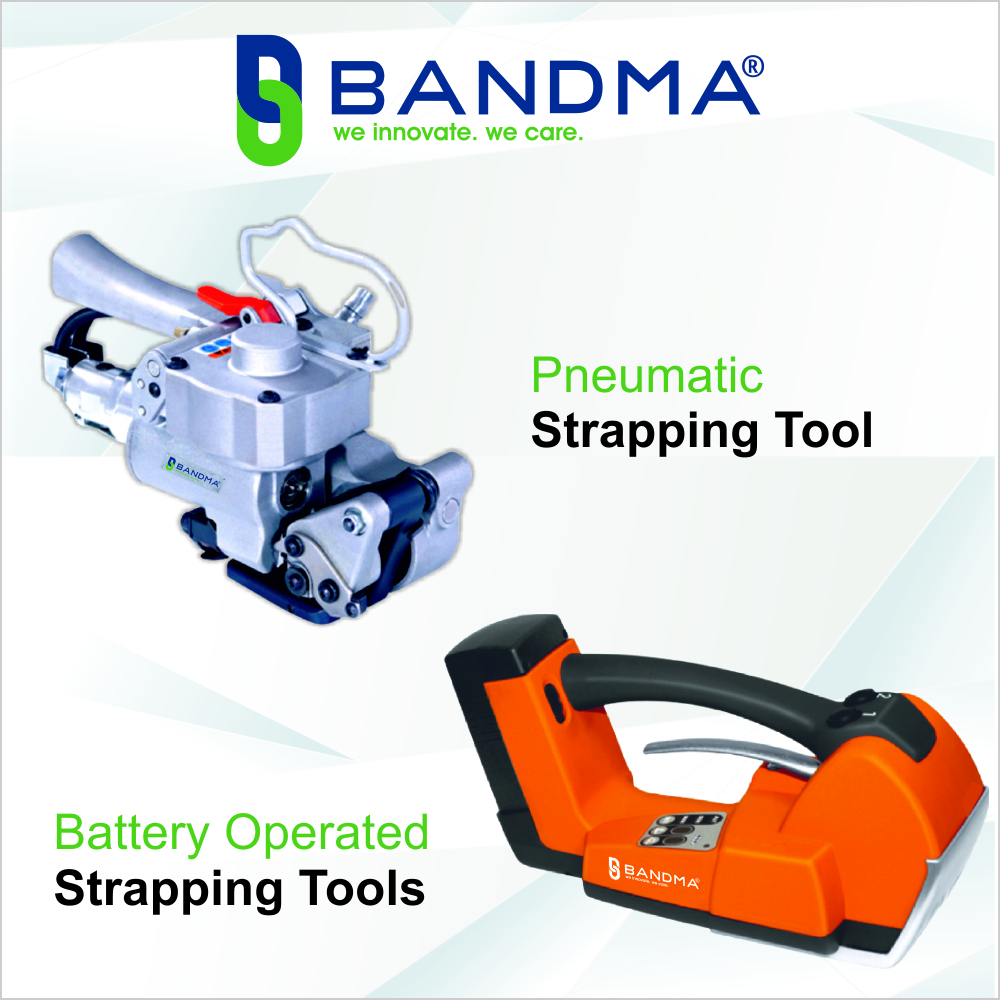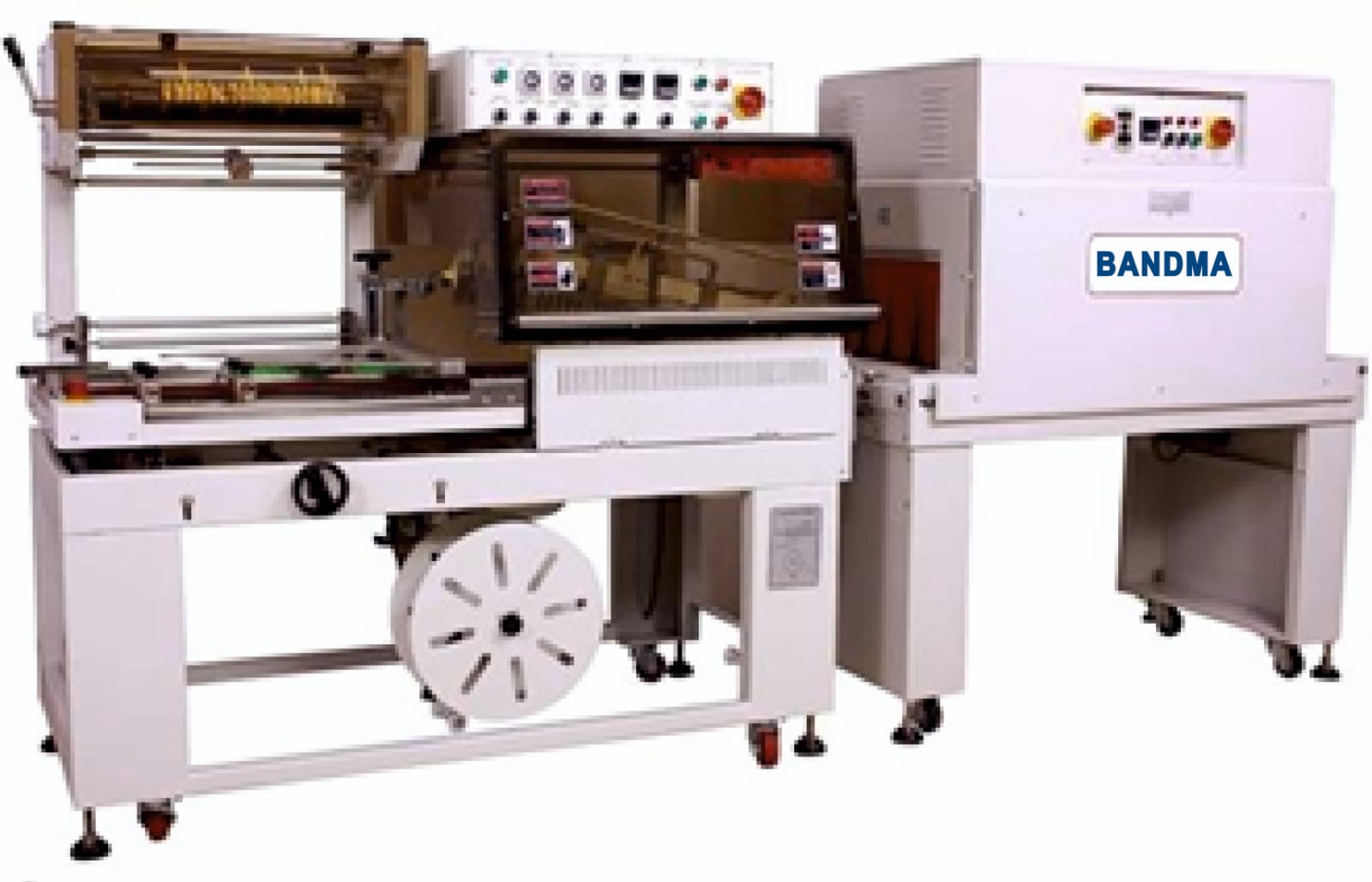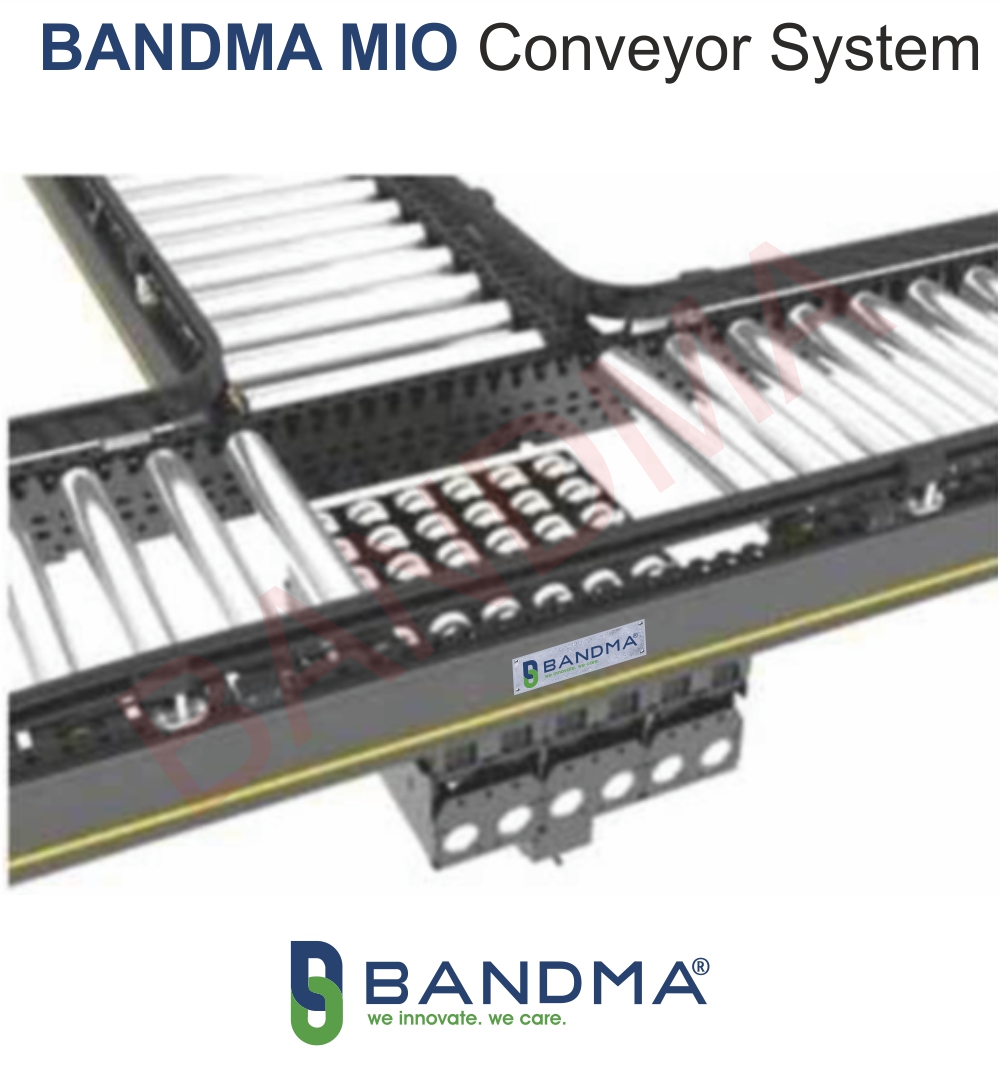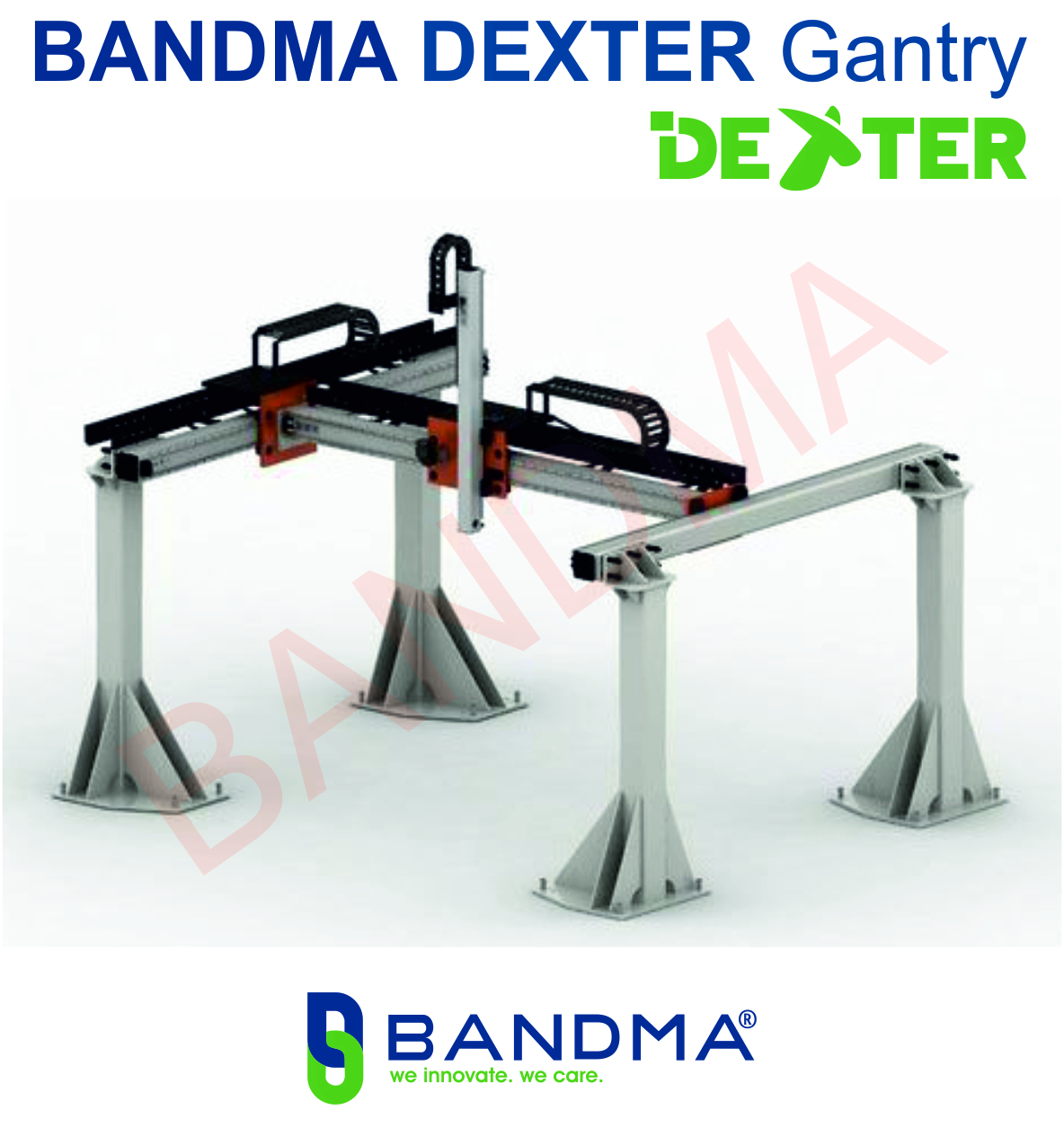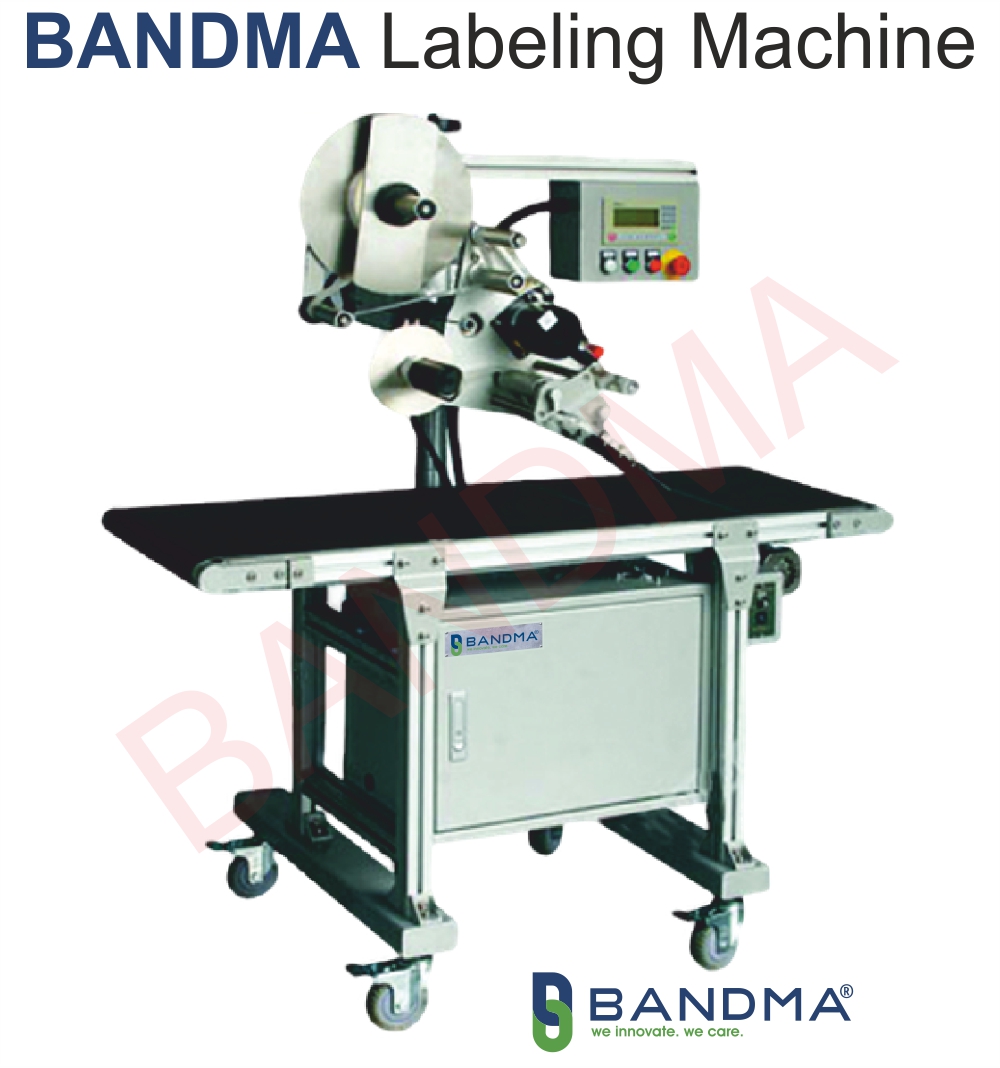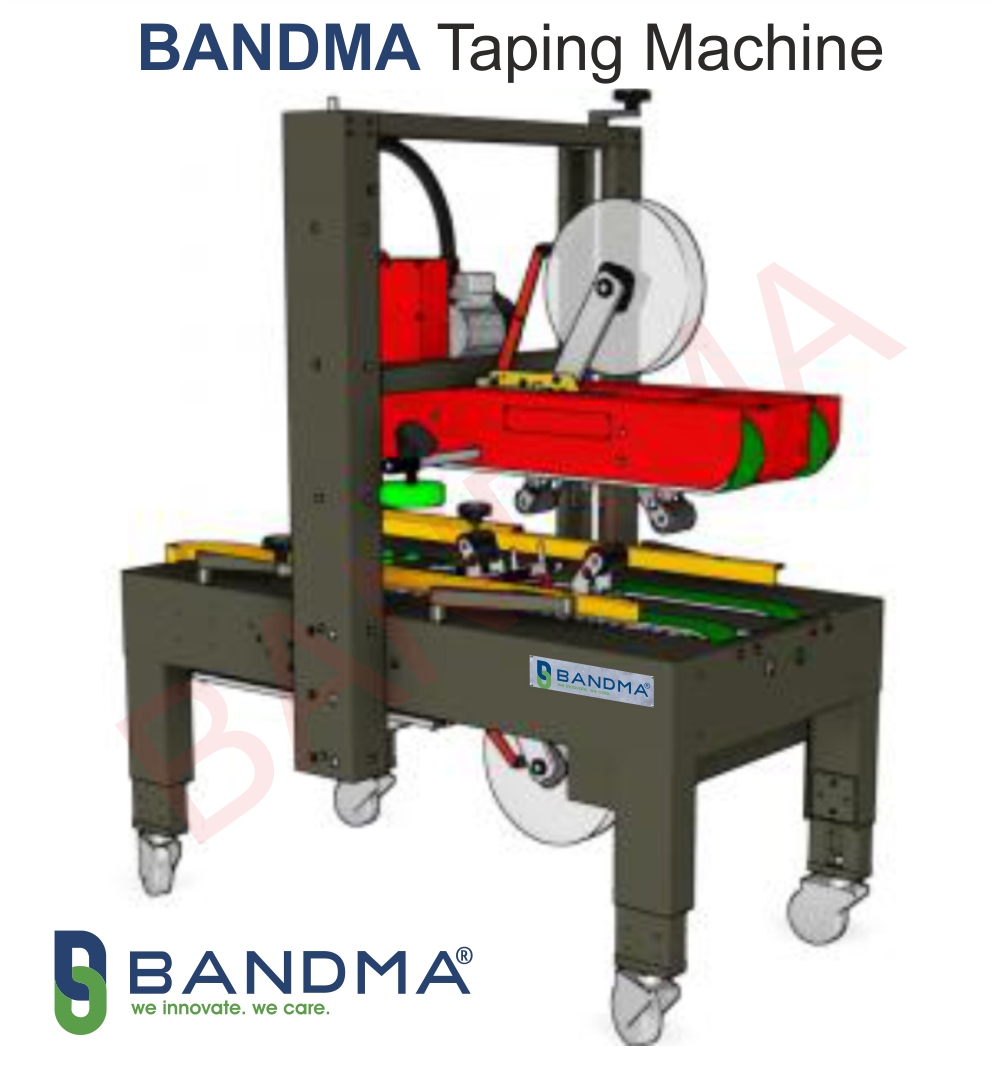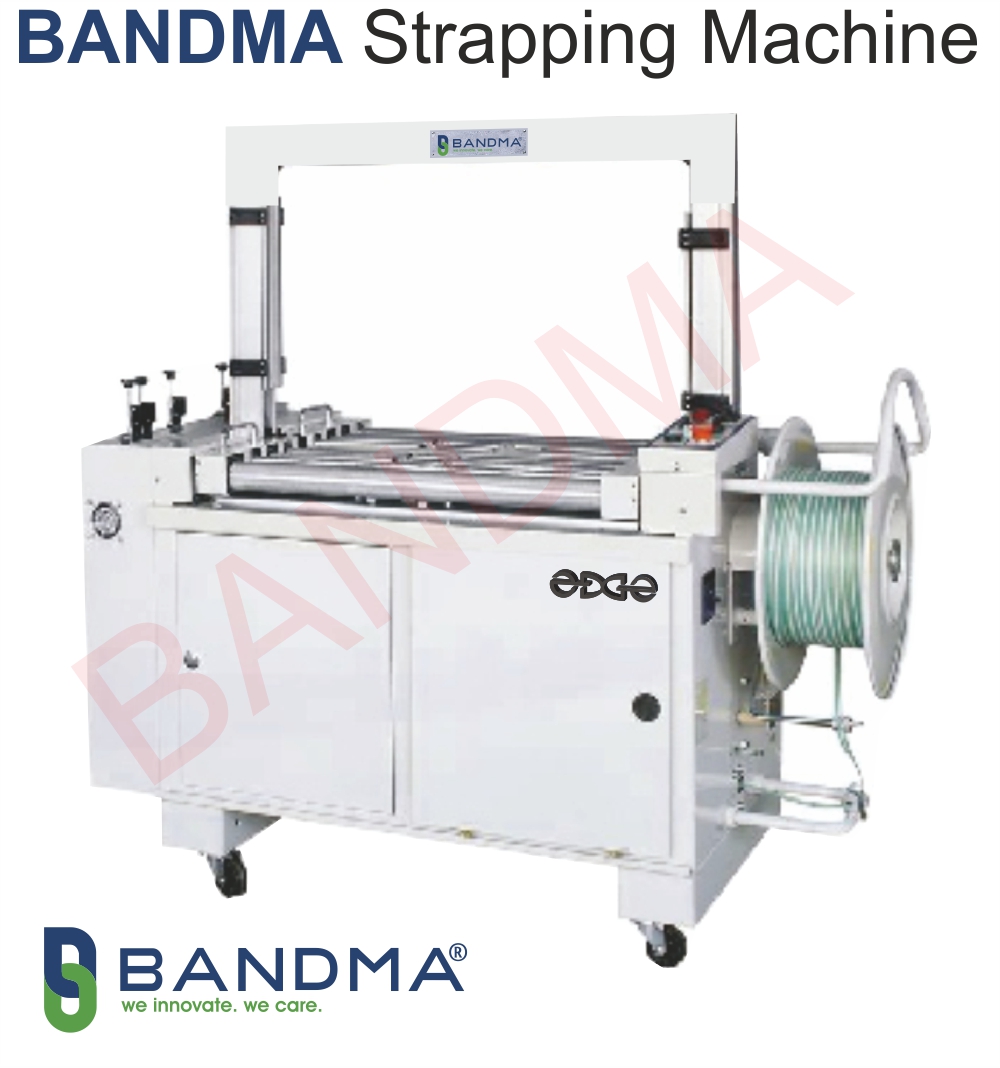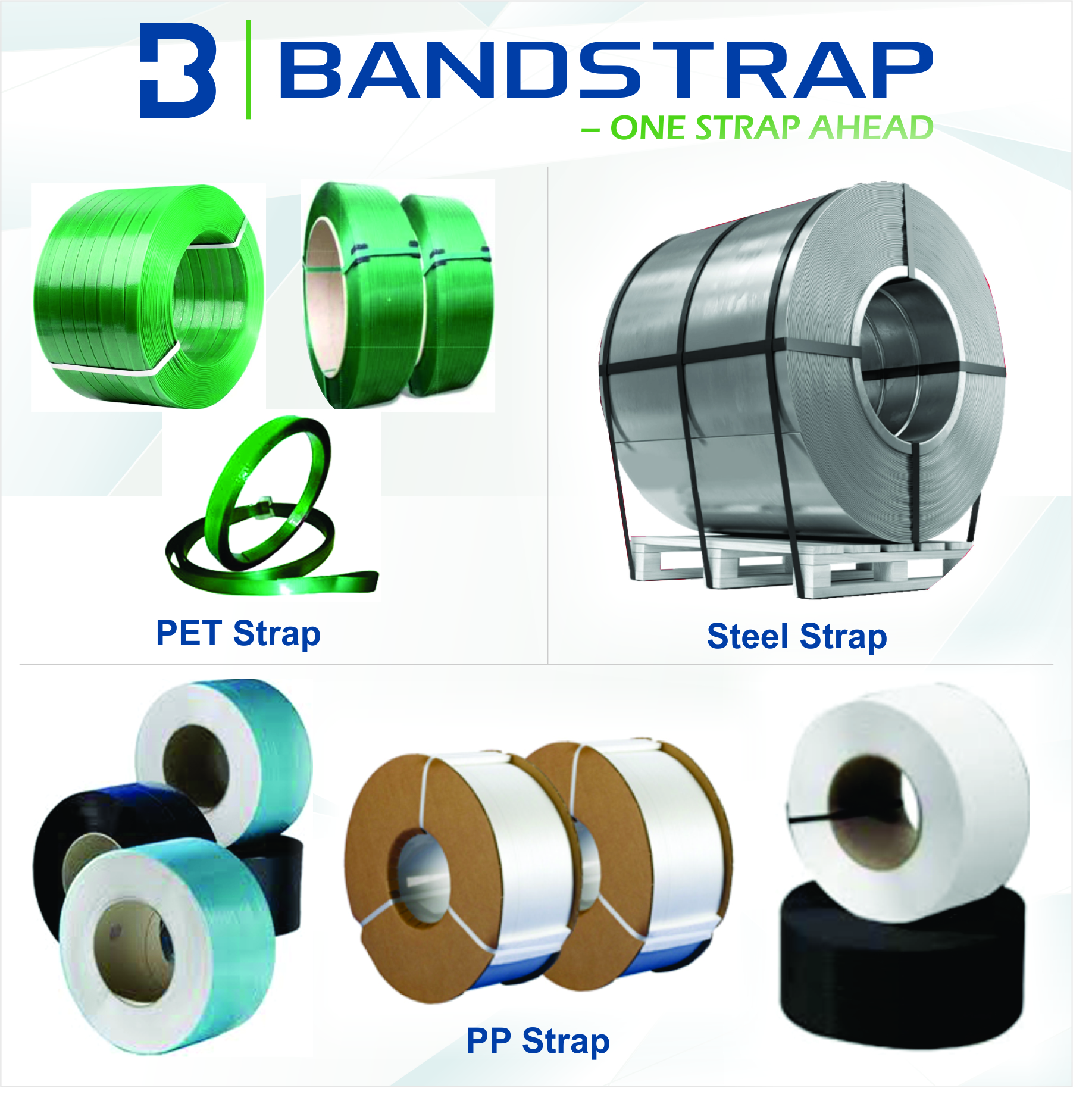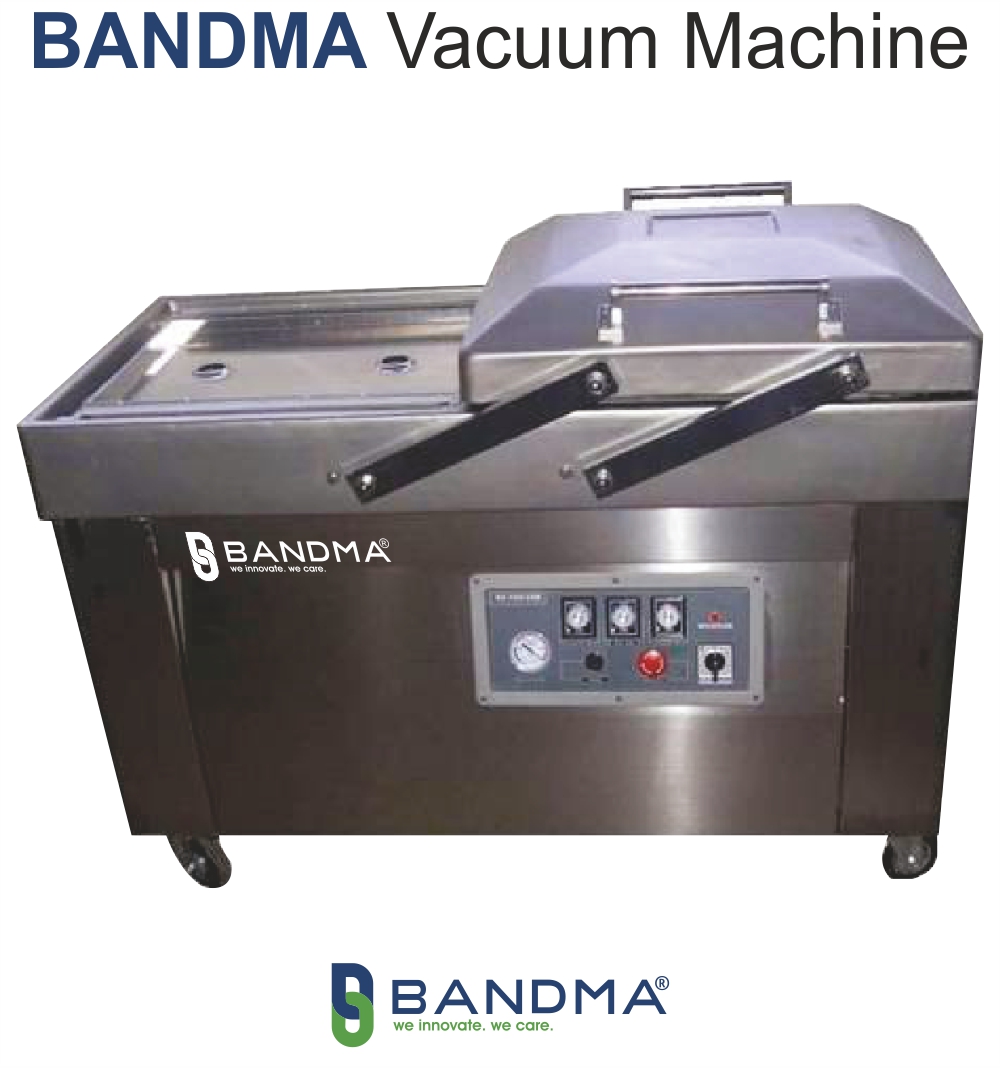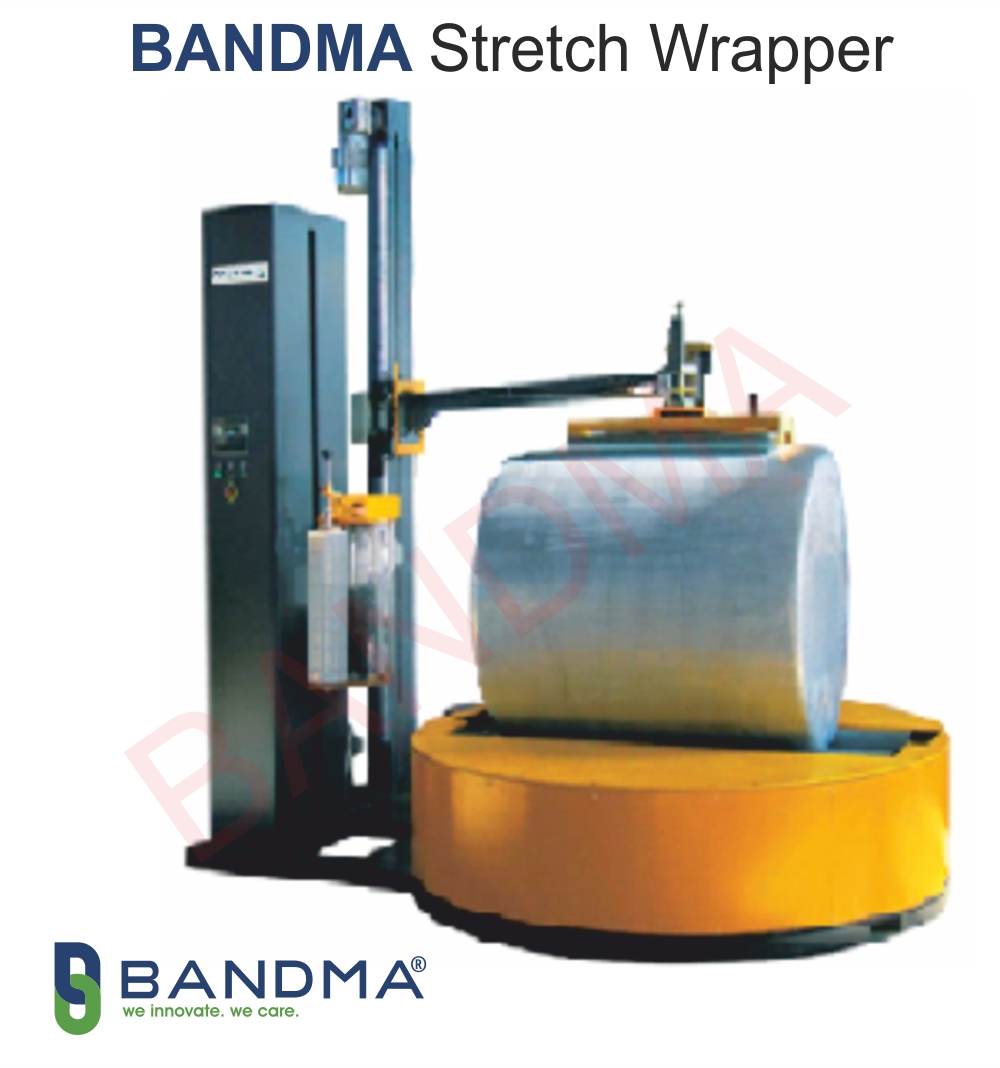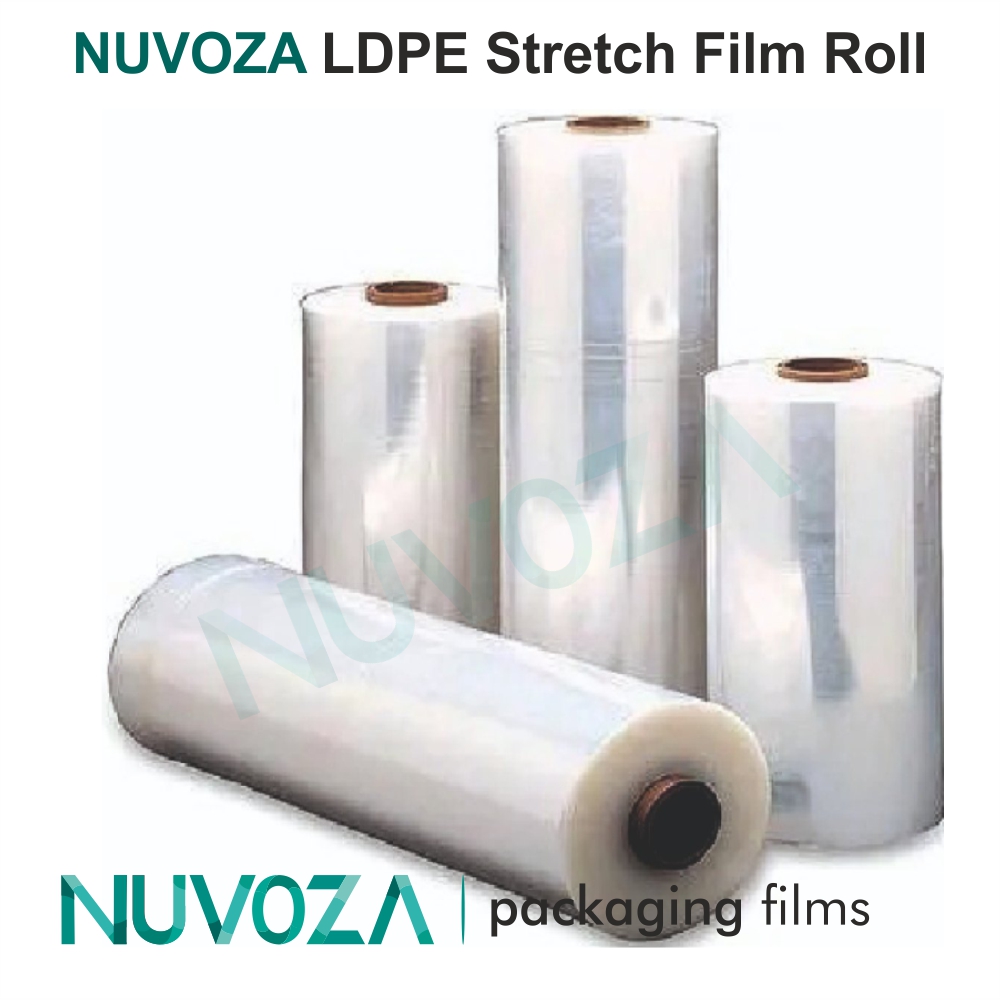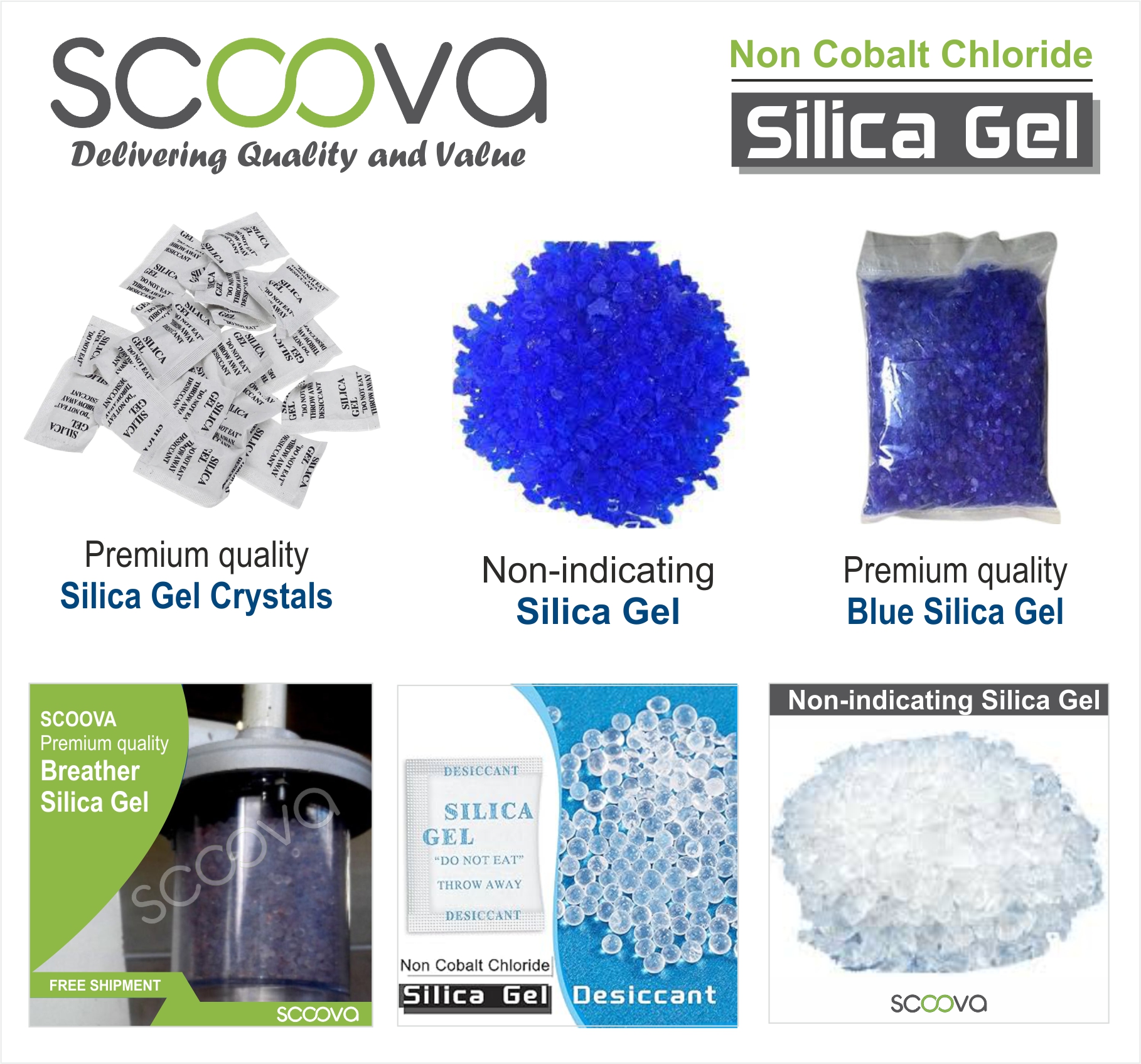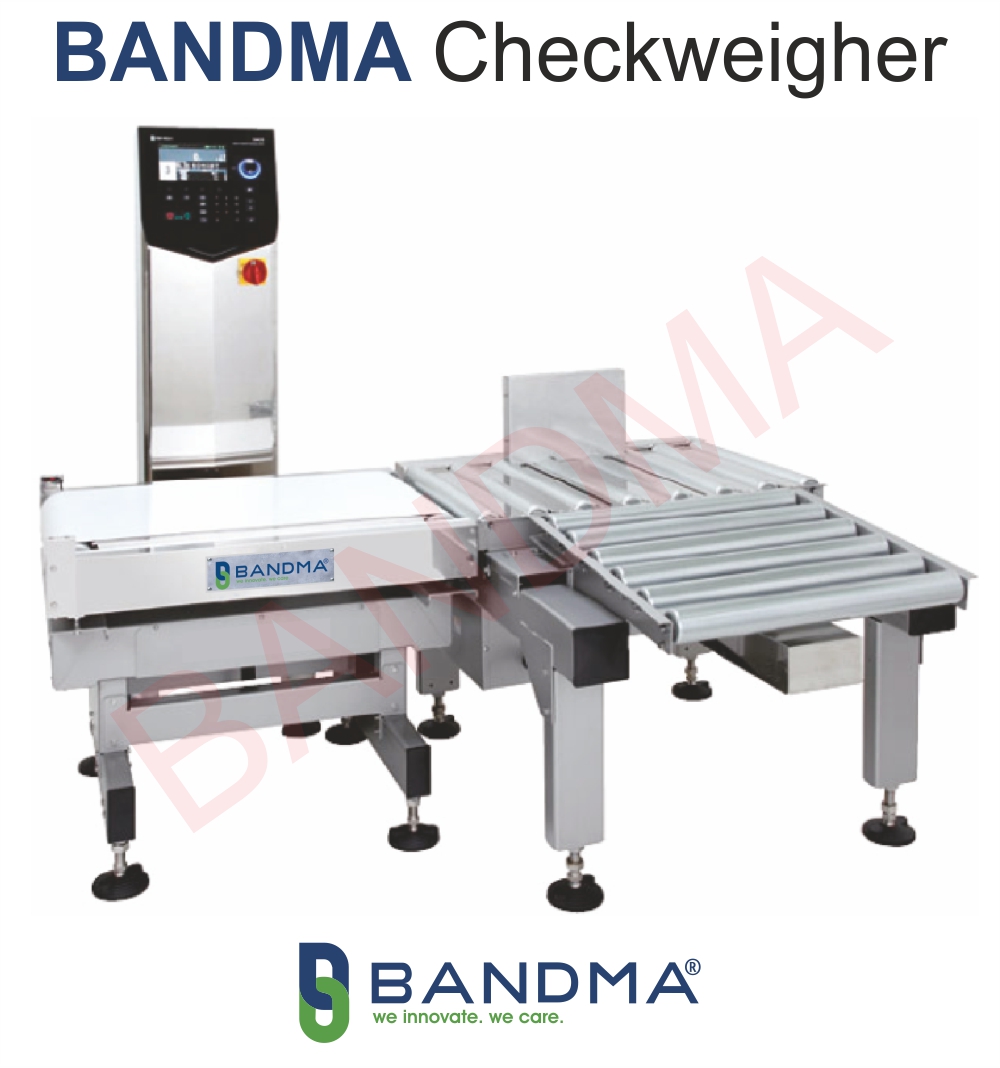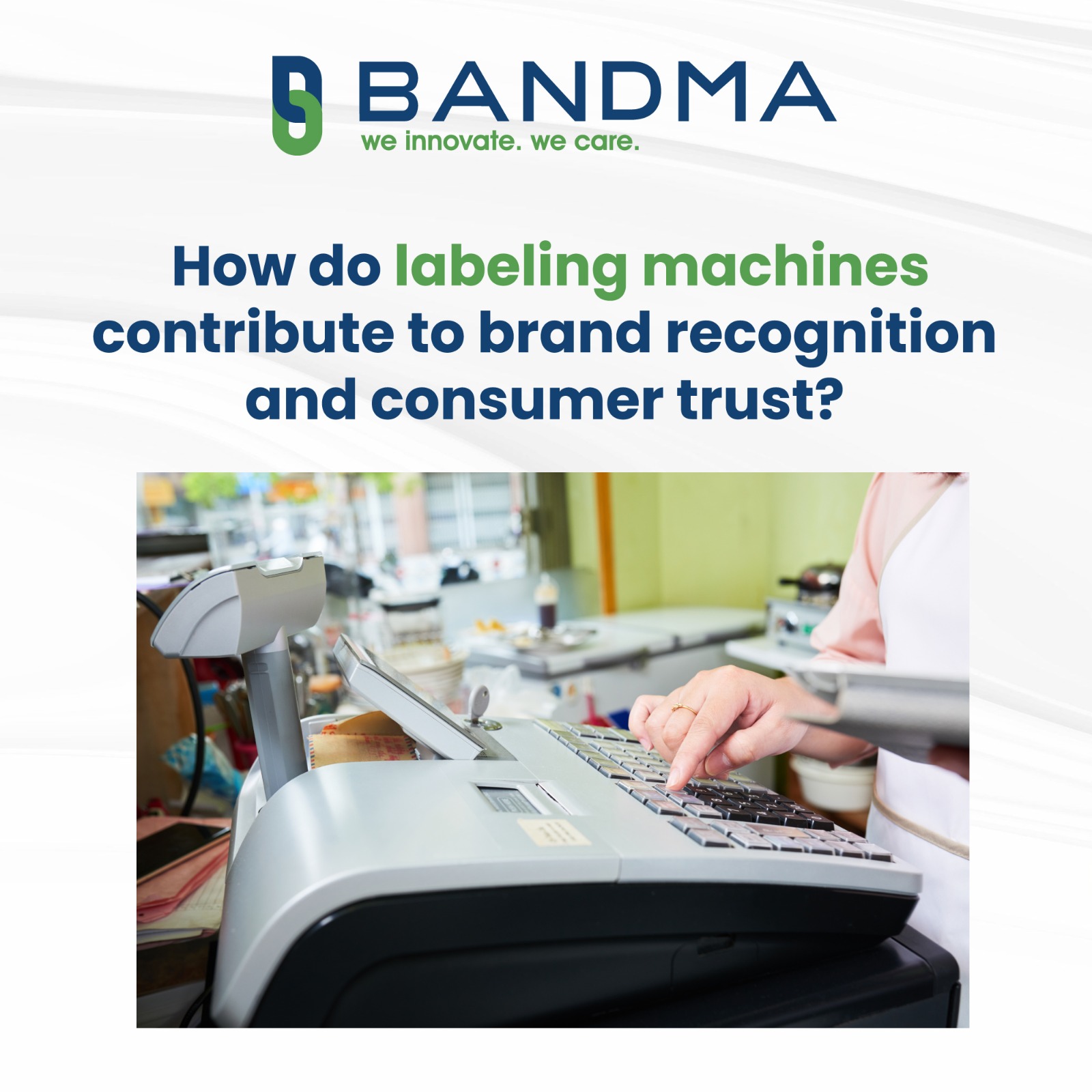A company's ability to succeed in the fiercely competitive market of today depends critically on its brand recognition and customer trust. Labeling machines play an important but sometimes disregarded role in accomplishing these objectives during the packing process. Labeling machines are essential to building a brand identity and ensuring that customers trust the products they are buying; they are not merely for attaching labels to products. This blog explores the important part labeling machines play in consumer trust and brand awareness.
Consistency and Quality Assurance
Consistency is essential for developing brand recognition. Shoppers anticipate the same appearance from the things they buy every time. Labeling machines guarantee accurate label application, preserving consistency across all items. Customers are reassured by this labeling consistency that the product they are buying is authentic and of excellent quality. Additionally, it improves the product's shelf appeal and makes it more instantly identifiable.
Professional Appearance
Customer trust is strongly impacted by a product's professional appearance. Uneven, wrinkly, or badly printed labels might give the wrong impression and make customers doubt the product's quality. Automated labeling machines guarantee that labels are placed consistently, precisely, and cleanly, improving the product's appearance. A product with a clear label conveys professionalism and dependability, which builds consumer confidence in the brand.
Accurate Information
Important details including ingredients, usage guidelines, expiration dates, and safety alerts are found on product labels, which consumers depend on. Modern labeling machines with cutting-edge technology guarantee that all of this data is printed precisely and legibly. Because it guarantees that buyers are knowledgeable about the products they are purchasing and how to use them safely, accuracy plays a critical role in fostering customer trust.
Compliance with Regulations
Product labeling is subject to stringent restrictions in numerous industries. These rules are in place to safeguard customers and guarantee that they are fully informed about a product. Labeling machines assist businesses in adhering to these standards by guaranteeing that the label contains the necessary information and is readable. In addition to assisting in avoiding legal problems, adhering to labeling regulations fosters consumer trust by demonstrating the company's adherence to industry standards.
Customization and Flexibility
Because of the great degree of customisation and flexibility that modern labeling machines enable, firms may design distinctive labels that stand out on the shelves. Businesses can test out various label designs, sizes, and materials to see what appeals to their target market the most. This label customization feature aids in developing a unique brand identity that customers can recognize with ease.
Enhanced Efficiency and Productivity
Packaging productivity and efficiency are greatly increased by automated labeling devices. They can swiftly and precisely handle large quantities of merchandise, guaranteeing that labels are put correctly each and every time. By ensuring that products are continuously available on the shelves, this efficiency not only lowers costs but also strengthens the reliability and presence of the brand.
Tracking and Traceability
Through the integration of labeling machines with tracking and traceability systems, businesses can keep an eye on their products all the way through the supply chain. This skill is especially crucial in sectors where product recalls can have major consequences, like the food and pharmaceutical industries. Labeling machines contribute to consumer confidence even in the case of a product recall by guaranteeing that each product can be tracked back to its place of manufacture.
Eco-Friendly Practices
Concerns regarding the things people purchase and their influence on the environment are growing among consumers. Businesses can better align themselves with these customer ideals by using labeling machines that use eco-friendly materials and procedures. Businesses can establish a favorable brand image and gain the trust of environmentally sensitive consumers by encouraging sustainable practices through their labeling.
Building Emotional Connections
Frequently, labels serve as the initial point of contact between a product and its user. Labels that are well-designed have the power to connect with customers, arouse feelings, and express a brand's story. Labeling machines help businesses create a devoted consumer base that trusts and chooses their brand over competitors by enabling them to reliably deliver these emotional triggers.
Conclusion
Labeling machines are essential for increasing consumer trust and brand identification. These devices play a critical role in projecting a trustworthy and polished brand image by guaranteeing quality and consistency, giving precise information, and abiding by rules. Businesses can boost their packing procedures, customer loyalty, and brand recognition by investing in cutting-edge labeling technologies. In a world where trust is difficult to gain and first impressions count, labeling machines are an essential part of a business's branding toolkit.

